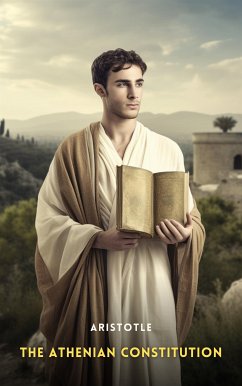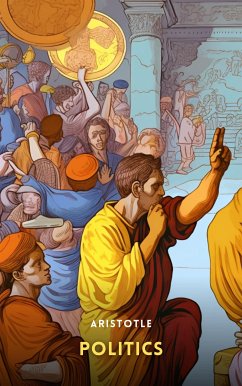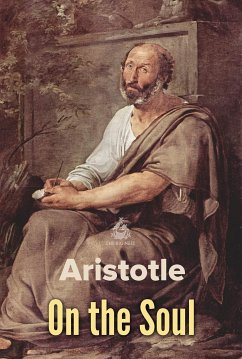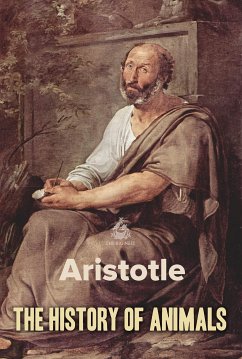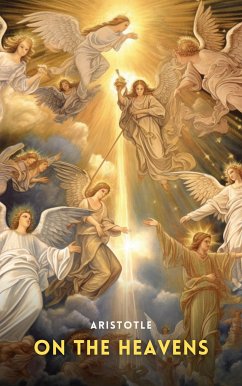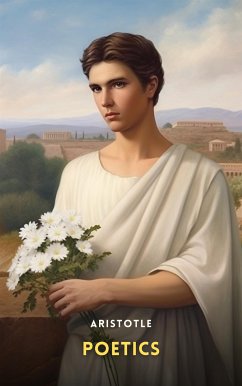The Constitution of the Athenians describes the political system of ancient Athens. The treatise was composed between 330 and 322 BC.
Das E-Book The Athenian Constitution wird angeboten von The Big Nest und wurde mit folgenden Begriffen kategorisiert:
Aristotle; philosophy; ethics; virtue; Greek; thought; logic; natural; classic; politics
Das E-Book The Athenian Constitution wird angeboten von The Big Nest und wurde mit folgenden Begriffen kategorisiert:
Aristotle; philosophy; ethics; virtue; Greek; thought; logic; natural; classic; politics
Dieser Download kann aus rechtlichen Gründen nur mit Rechnungsadresse in A, B, BG, CY, CZ, D, DK, EW, E, FIN, F, GR, HR, H, IRL, I, LT, L, LR, M, NL, PL, P, R, S, SLO, SK ausgeliefert werden.

